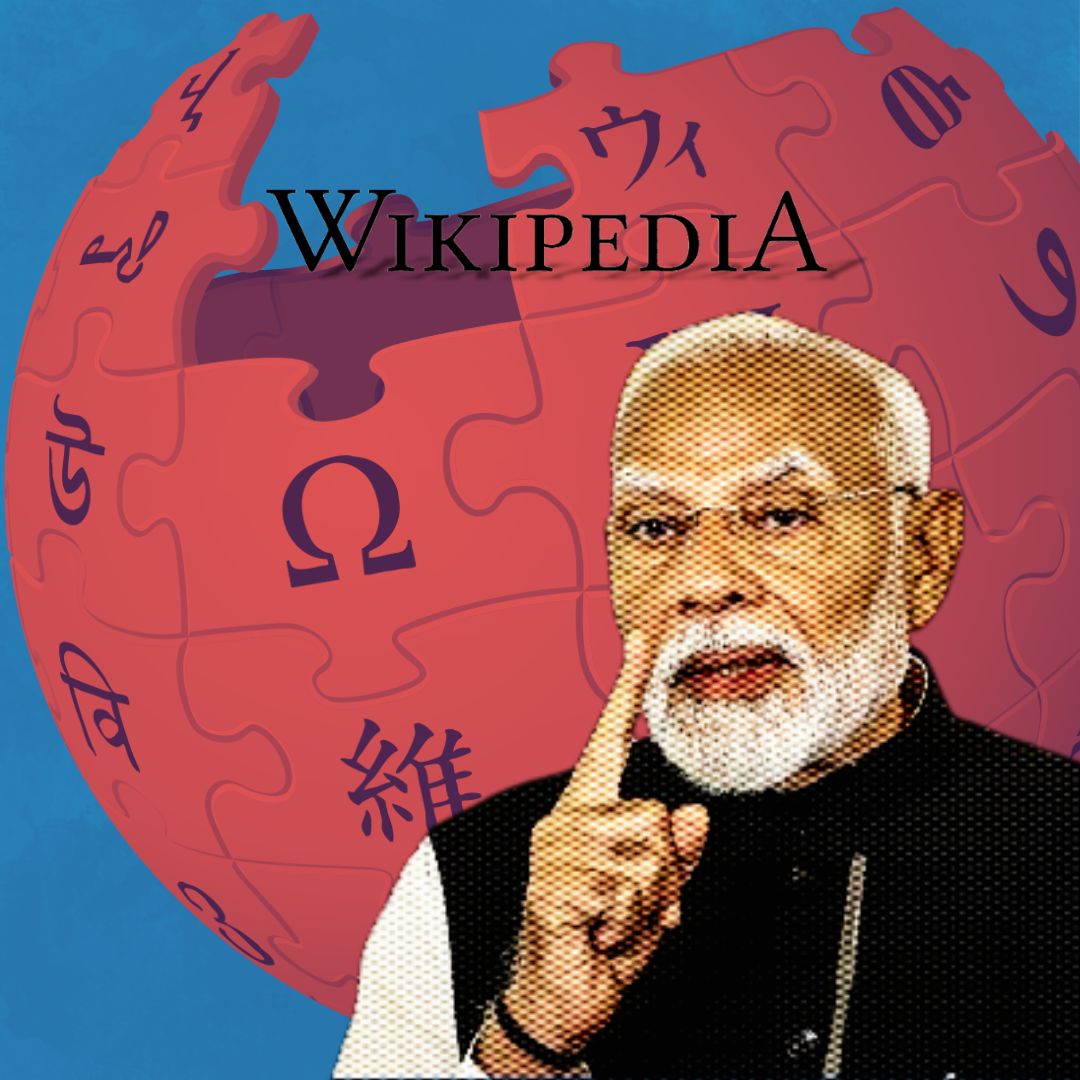On November 5, 2024, the Indian government has issued a formal notice to Wikipedia over concerns regarding alleged bias and inaccuracies in its content, particularly related to editorial control by a small group of contributors. This action follows numerous complaints from users and a legal dispute with Asian News International (ANI), which accuses Wikipedia of hosting defamatory material. The government is questioning Wikipedia’s classification as an intermediary, suggesting it should be treated as a publisher, which would impose greater accountability for the information it publishes. This move reflects ongoing scrutiny of digital platforms in India amid rising concerns about misinformation and could set a significant precedent for Wikipedia’s operations globally.
Government’s Concerns Over Editorial Control
1. Allegations of Bias: The Ministry of Information and Broadcasting (I&B) has expressed concerns that Wikipedia’s content may be influenced disproportionately by a small number of editors, raising questions about the platform’s neutrality.
2. Legal Classification: The government is questioning whether Wikipedia should be classified as a publisher rather than an intermediary, which would impose stricter accountability measures for the accuracy of its content.
3. Defamation Claims: This notice comes in response to ANI’s legal challenge, which claims that Wikipedia allowed defamatory edits that mischaracterise the agency as a “propaganda tool” for the Indian government.
4. Delhi High Court Involvement: The Delhi High Court has previously ruled that Wikipedia must disclose the identities of editors involved in disputed edits, highlighting issues of transparency and accountability in user-generated content.
5. Concerns About Misinformation: The government’s actions reflect broader concerns about misinformation on digital platforms and the need for regulatory frameworks to ensure reliable information dissemination.
Context of Legal Challenges
This notice is part of an ongoing legal context where Wikipedia faces litigation from ANI, which argues that the platform has allowed harmful edits without proper oversight. The Delhi High Court has previously described Wikipedia’s open editing feature as “dangerous,” emphasising the potential risks associated with unrestricted editing, particularly regarding sensitive information about individuals or entities. In September, the court issued a contempt notice to Wikipedia for failing to disclose information about users responsible for allegedly defamatory edits, warning that non-compliance could lead to suspension of its operations in India.
Stakeholder Reactions and Implications
Responses from Wikipedia representatives have highlighted their commitment to transparency and accuracy, emphasising adherence to strict editorial guidelines. Digital rights advocates have expressed concern that this move could set a precedent for increased censorship and stifle free expression online. Public opinion appears divided; some support government oversight to combat misinformation, while others fear it may lead to undue restrictions on information access. Notably, Nikhil Chawla, a technology policy commentator, argues that the Indian government may misunderstand the IT Act’s protections for online platforms like Wikipedia, which serves as a conduit for user-generated content rather than a primary publisher. The implications of this notice could significantly affect how platforms like Wikipedia operate in India, potentially altering user engagement and content moderation practices.
The Logical Indian’s Perspective
At The Logical Indian, we advocate for an informed and engaged citizenry while recognising the importance of accountability in digital spaces. While it is crucial to address issues of bias and misinformation on platforms like Wikipedia, we must also uphold principles of free expression and collaborative knowledge-sharing. How can we strike a balance between ensuring accurate information and preserving open dialogue? We encourage our readers to share their insights on this critical issue.










